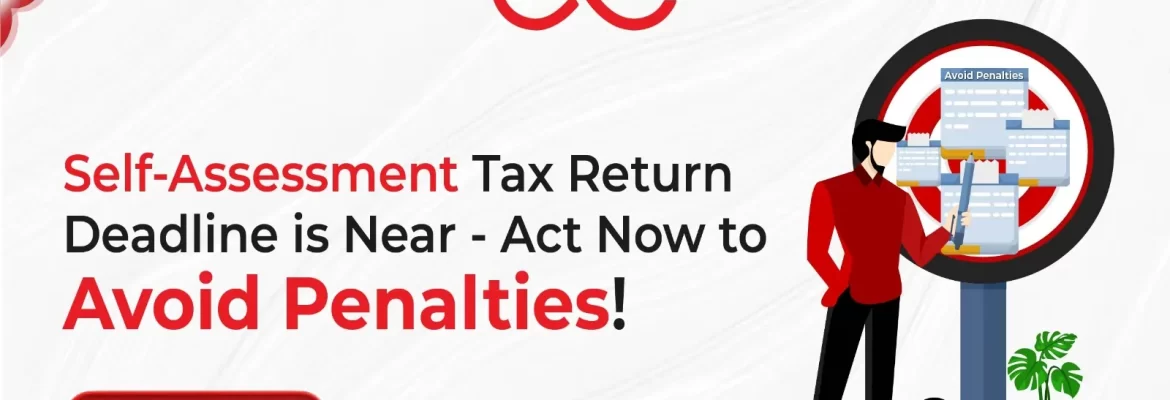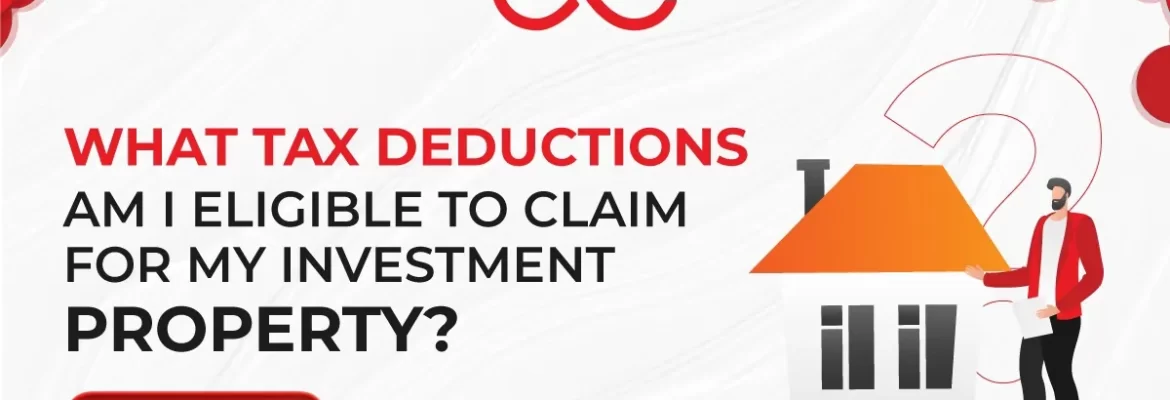Understanding the Self-Assessment Tax Return Deadline The Self-Assessment Tax Return process is essential for individuals who need to report their income and calculate the taxes owed to HMRC. Understanding the deadlines and requirements is crucial to avoid penalties and ensure compliance. Key Dates You Need to Know It’s important to be aware of the key […]


